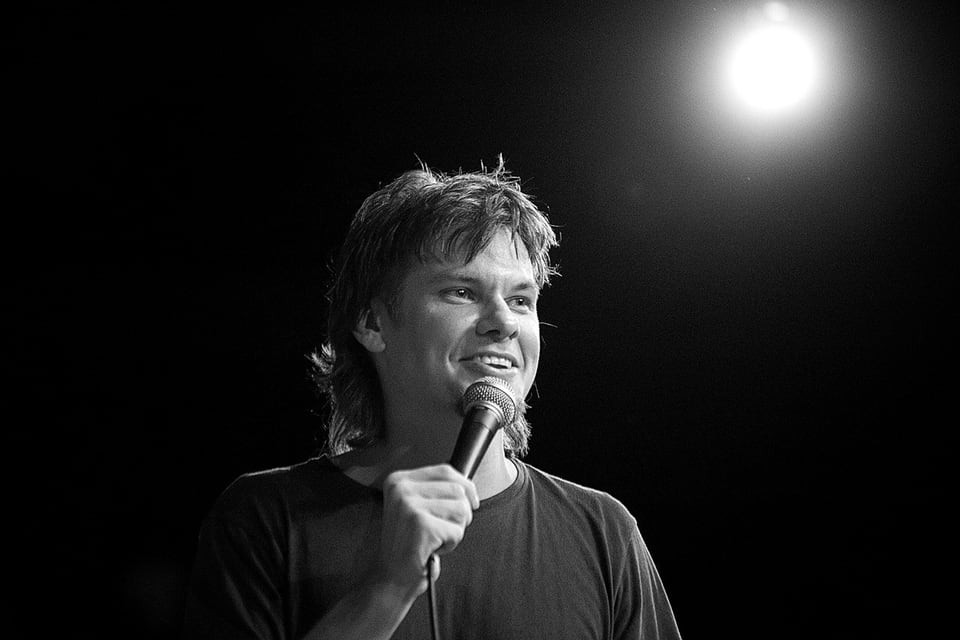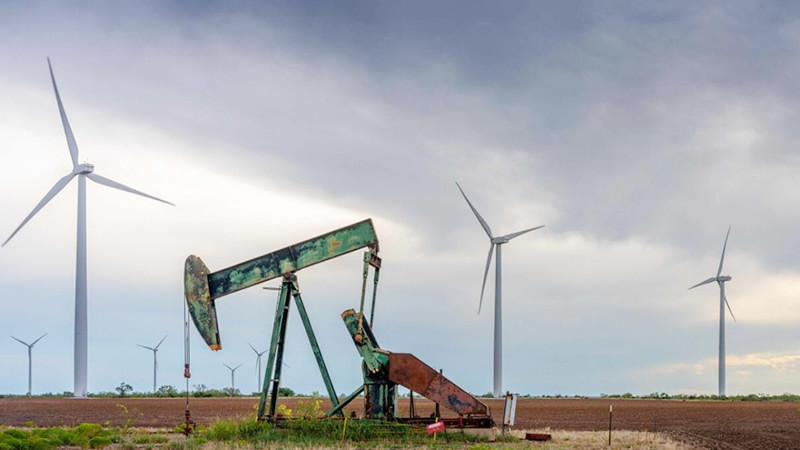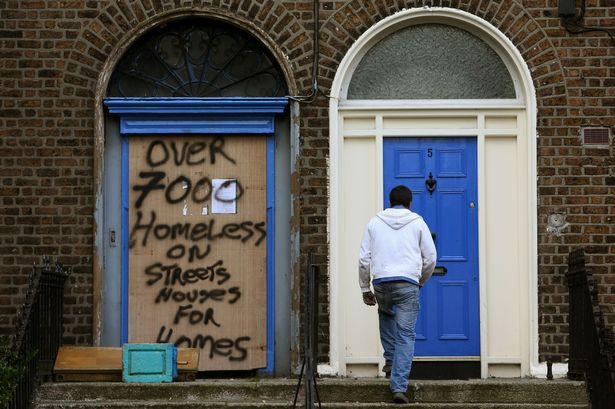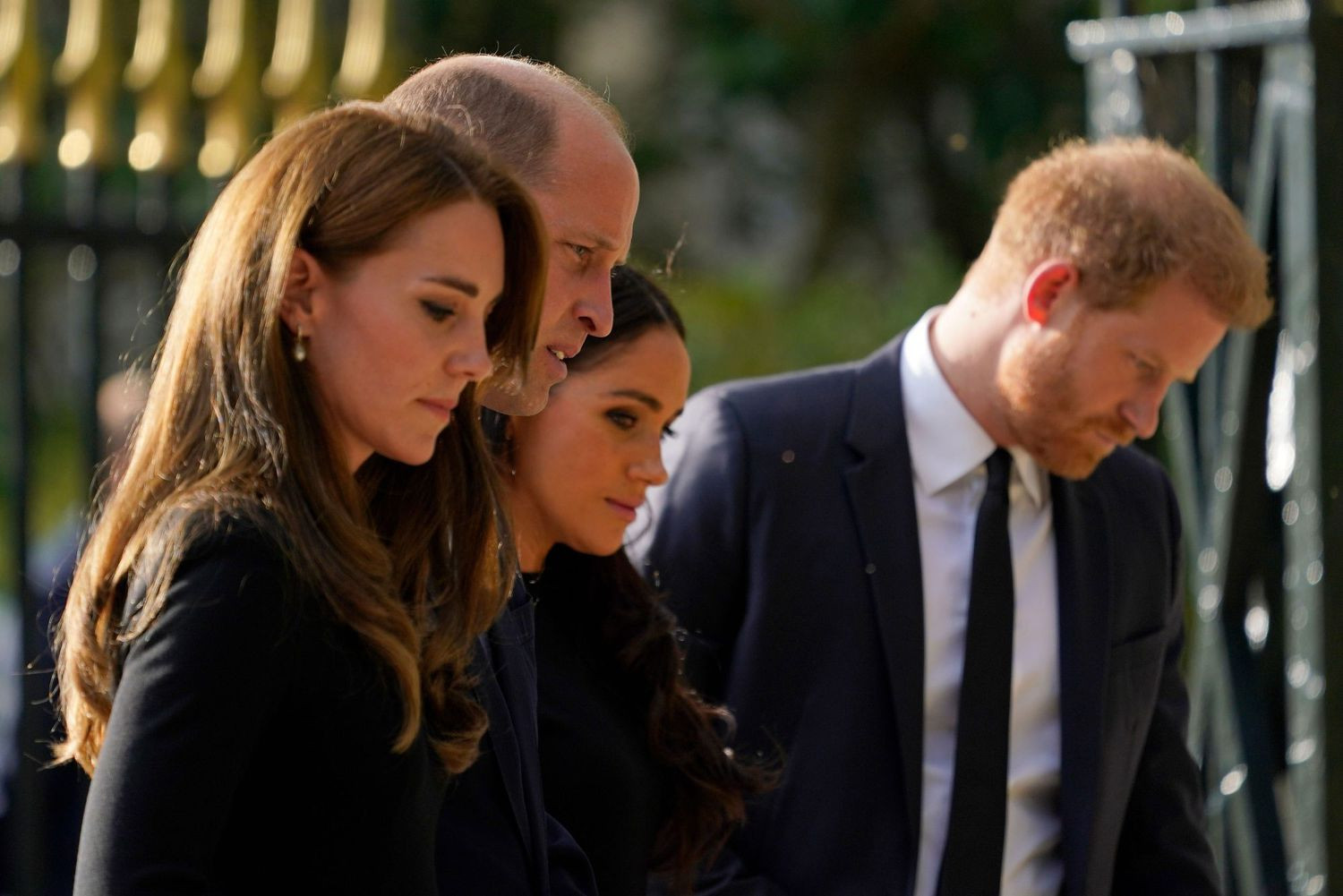Former President Donald Trump is not shying away from sit-down interviews, though he is not heading into the green rooms of mainstream outlets. The former president followed up his X Spaces appearance with Tesla CEO Elon Musk and a Kick stream with internet personality Adin Ross by appearing on what is reportedly Barron Trump’s favorite podcast for a conversation with comedian Theo Von.
To circumvent negative national press coverage, Trump has appeared on multiple alternative media platforms to reach audiences directly, especially younger voters. In his latest appearance, he spoke on This Past Weekend w/ Theo Von.
Trump used the appearance to try to humanize himself, veering away from politics and his campaign at times to touch on his family. He gave some insight into his only child with his wife Melania Trump, praising Barron Trump as both intelligent and a great athlete.
“He plays golf, soccer — he is very good at soccer,” he said. “He is a good athlete, Barron.
“He’s getting set to go in the fall,” the former president continued. “A good college. He’s smart — smart guy. He was always a very good student, smart, he’s a smart guy.”
The two also discussed Trump’s teetotaling — the former president talked about how the experience with his alcoholic brother, Fred Trump, affected him enough to never touch drugs or alcohol.
“I had a great brother who taught me a lesson: Don’t drink, don’t drink,” he said. “And he said, ‘Don’t smoke’ — he smoked and he drank. And he was a great guy, he was a handsome, very handsome guy.
“He had a problem with alcohol and smoked a lot,” Trump continued. “You know I tell people: No drugs, no drinking, no cigarettes. I tell that to my kids all the time.”
Von touched on his past struggles with alcohol and drugs, describing the effects of cocaine to Trump.
“Cocaine will turn you into a damn owl, homie,” Von said. “You’ll be your own streetlamp. It’s a miserable feeling, but you do it anyway.”
Trump's Unexpected Interest in Cocaine
In a surprising turn of events, Trump seemed genuinely interested in Von’s past cocaine use, asking a series of questions about the drug's effects and his personal experience. This unexpected exchange generated considerable buzz on social media, where many users found Trump's curiosity about cocaine both surprising and somewhat unsettling.
Trump pressed Von on the details of his cocaine use, asking, “Is it too much? Too much to handle?” Von responded that he had stopped using cocaine years ago, but Trump continued to probe, asking if cocaine gave a stronger high than alcohol.
This line of questioning seemed to highlight Trump’s own abstinence from both drugs and alcohol, a fact he frequently emphasizes in his public appearances. It also underscored a curious contradiction in Trump’s campaign rhetoric, as he has made the opioid crisis a central issue while simultaneously expressing a surprisingly personal interest in a drug that is often associated with addiction and harmful consequences.
Trump's Alternative Media Blitz
The interview with Von was the latest round in Trump’s alternative media blitz. His conversation with Ross, another favorite of Barron Trump’s, was a 90-minute stream that 500,000 people watched live, with another 100 million listening after, according to Trump.
Barron Trump also got his father to give an interview to influencer Logan Paul, where he touched on pop culture topics such as the “big rap beef” between Drake and Kendrick Lamar.
Vice President Kamala Harris’s campaign has responded with its own social media push, with several influencers speaking at the Democratic National Convention.
Trump’s choice of platforms suggests a calculated strategy to reach specific demographics, particularly younger voters who are increasingly disengaged from traditional media outlets. His willingness to engage with internet personalities and podcast hosts highlights the evolving landscape of political communication and the growing influence of online platforms in shaping public opinion.
The Future of Political Communication
While the effectiveness of Trump’s alternative media strategy remains to be seen, it is clear that he is adapting to the changing media landscape. His willingness to engage with online platforms and influencers suggests a growing trend in political communication, where traditional media outlets are no longer the sole arbiters of information and influence. As social media continues to play a more prominent role in shaping public opinion, we can expect to see more politicians embracing alternative platforms and engaging with online audiences directly.
The End of the Road?
Trump's unconventional communication strategy is a testament to his ability to adapt and reinvent himself in the face of changing circumstances. Whether this approach will ultimately lead him to victory in the 2024 election remains to be seen, but it is undoubtedly a sign of the times and a reflection of the increasingly fragmented and digitalized world we inhabit.

















